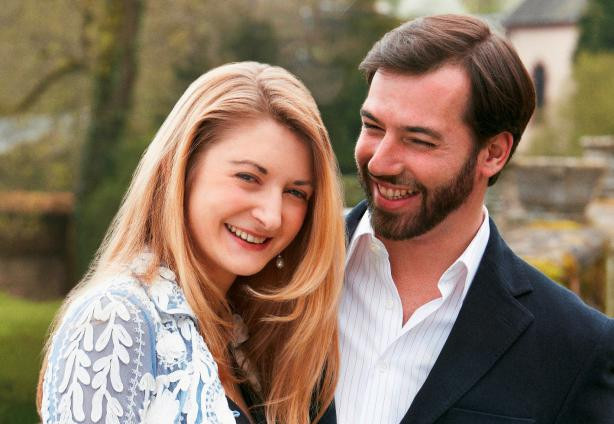The government announced the move on Monday, and will put a special bill before parliament during one of the Chamber of Deputies’ first sessions upon reconvening after the summer break. Countess Stéphanie will marry Crown Prince Guillaume at a civil ceremony in the town hall in Luxembourg City on October 19 and the couple will then celebrate a church wedding on Saturday October 20.
But the move drew severe criticism from the left wing Déi Lénk and Déi Gréng parties. In a statement to the press titled “Some animals are more equal than others”, Déi Lénk argued that the special law to give the countess dispensation was a slap in the face for democracy.
The Greens took a different tack, welcoming Stéphanie’s naturalization but saying that it should be an opportunity to rethink the naturalization laws, arguing for a reduction in the residency requirements from seven to five years. Indeed, the Greens said that Luxembourg’s unique population demographics--the Grand Duchy has by far the highest proportion of foreign national residents of any EU country--require a “Luxembourg model” for naturalization and a more lenient approach to permitting non-native Luxembourgers to vote and even stand as candidates in elections.
Citizens applying for Luxembourg nationality under normal circumstances must have lived in the Grand Duchy for seven consecutive years (the requirement was raised from five years under a law passed in 2008). They must also pass a, relatively simple, Luxembourg language test and have to attend two obligatory citizenship lessons.
